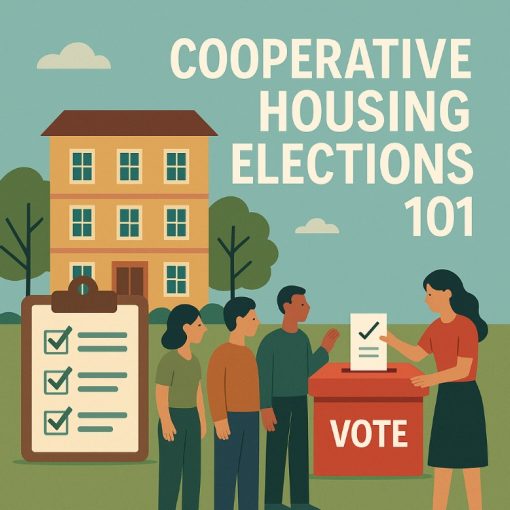Professional associations sit at a crossroads. You’ve got brilliant minds advancing industries—engineers revolutionizing infrastructure, physicians pioneering treatments, architects reimagining cities. Yet when it comes to electing leadership? The process often feels like navigating a bureaucratic black hole. Paper ballots vanish into administrative voids. Voter turnout barely cracks 15%. And whispers of “rigged results” linger like stale coffee in conference rooms.
It’s not malice. It’s method.
The Silent Saboteurs of Association Democracy
Professional societies face unique electoral landmines:
- The Global Member Dilemma
Surgeons in Sydney, academics in Oslo, and consultants in Chicago need equal access. Time zones aren’t negotiable. - Credential Complexity
Not all members get voting rights. Tracking active vs. emeritus status via spreadsheets invites errors. - High-Stakes, Low Trust
When board seats influence industry standards or policy advocacy, transparency isn’t optional—it’s oxygen.
A recent survey of 200 associations revealed:
✘ 68% still use mailed paper ballots
✘ 42% admit votes get “lost” annually
✘ 91% spend more time defending results than celebrating them
Breaking the Cycle: A Framework That Respects Expertise
Step 1: Kill the Paper Chase
Imagine:
- Automated voter eligibility syncing with your membership database
- Geofence-free voting accessible from any device, any continent
- Encrypted receipts replacing “Did my ballot arrive?” anxiety
Real impact:
The International Hydrology Institute slashed election admin time by 70% after switching. Their director’s verdict: “We stopped being election clerks and became scientists again.”
Step 2: Fortify Trust Without Fort Knox Complexity
Associations can’t afford blockchain buzzwords. They need auditable simplicity:
- Military-Grade Encryption + 2FA
Member credentials (license IDs + association PINs) meet one-time codes. No PhD required. - The “1-Voter 1-Device” Anchor
Prevents credential sharing—critical when voting rights impact accreditation. - Live Audit Trails
Not just “results” but proof: timestamps, anonymized votes, and eligibility flags. Shareable via secure link preempts conspiracy theories.
Case in point: After the North American Engineers Guild adopted this, contested elections dropped to zero. Their counsel now sleeps through election week.
Step 3: Engage Beyond the Ballot
Low turnout isn’t apathy—it’s friction. Solutions hiding in plain sight:
- Candidate Hub
Profiles with video pitches, policy positions, and endorsements—no more PDF graveyards. - Turnout Thermometers
“Region 3 at 65% voted!” nudges friendly competition among chapters. - 30-Second Voting
Optimized ballots get decisions done between patient rounds or site inspections.
When Crisis Tests the System (Spoiler: It Held)
In 2023, the Global Ethics Council faced election chaos:
- 🔥 Wildfires disrupted mail across 3 voting districts
- 🔥 A credential leak sparked disinformation
- 🔥 2 board candidates demanded recounts
Their savior? Pre-built crisis protocols:
- Polling extended via real-time dashboard update
- Leaked credentials auto-invalidated; 2FA reset
- Full audit published in 19 minutes
Outcome: Voter confidence increased 22% post-crisis.
Your Association’s Integrity Checklist
Before your next election, ask:
◻ Can a member vote during night shift in Nairobi?
◻ Can you prove—conclusively—that inactive members didn’t vote?
◻ Does your vendor answer calls during your election?
If “no” lingers, remember:
“Professional credibility shouldn’t stop at the ballot box.”
The Unspoken Dividend: Time to Focus
What associations gain when elections stop hemorrhaging hours:
- Advocacy campaigns launched 3x faster
- Member retention up 18% (ASCE benchmark)
- Board meetings debating policy—not process
OnlineVotingApp.com
Where credentials meet credibility, and elections elevate expertise.
P.S. *Our association-specific modules include:
- Auto-sync with AMS platforms (iMIS, MemberSuite)
- Custom voting rights tiers (Fellows vs. Associates)
- GDPR/Global Compliance presets
Try the pressure test: Simulate your worst election day.


